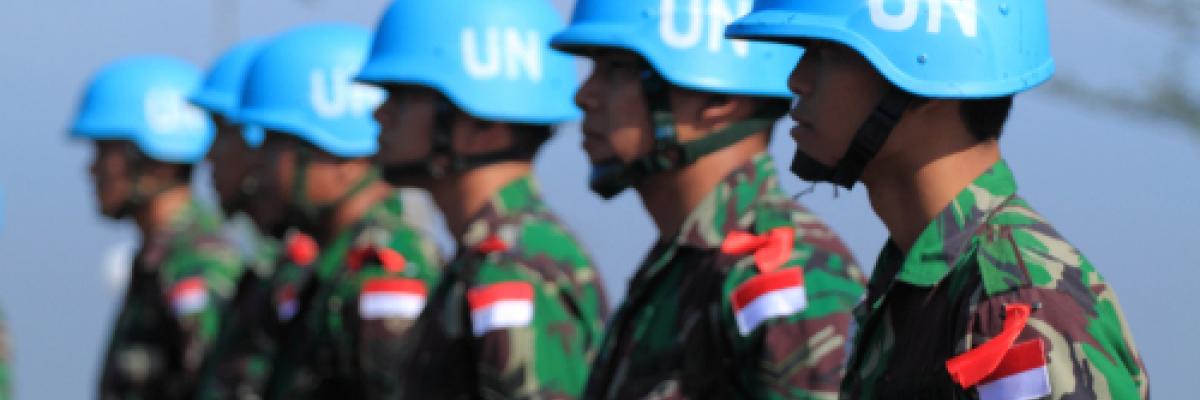In 2016 alone, over 105,000 military personnel, from over 100 countries, were deployed across 16 international peace missions. While peace operations help save lives, very little is known about why this is the case and how UN peace operations can be made more efficient on the ground.
Andrea Ruggeri, Professor of Political Science and International Relations, co-leads this three-year study with Uppsala University into how the composition of peace missions affects effectiveness.
Researchers will explore four key ways in which peacekeeping personnel can be defined—namely military culture, identity, interests, and unit capabilities—and how they contribute to the effectiveness of the mission.
The project’s analytical framework fuses military sociology and military psychology within the field of peacekeeping studies. From this framework the team will extract and test hypotheses, using Lebanon, Central African Republic and Mali as real cases.
Applying strategies to the different scenarios, the project hopes to discover potential causes for peacekeeping success and failure at both the unit and mission levels. These findings promise to be of great policy significance and could help shed light on how to improve peacekeeping operations.



